【FOCUS】Anyone Who Needs a Place to Live Should be Given a Dwelling
July 11 is World Population Day, and according to relevant data, the world's population will reach 9.3 billion in 2050. Everyone counts, and it is our common goal to ensure the well-being of our people so that everyone can live a decent and dignified life. Dr. Sun Yat-sen once put forward the idea of "home ownership", which aims to provide people with a decent living environment and a place to live. This week’s In Focus will introduce five examples of urban innovations that have improved the living environment of residents.
City of Unley, Australia
Co-housing for Ageing Well
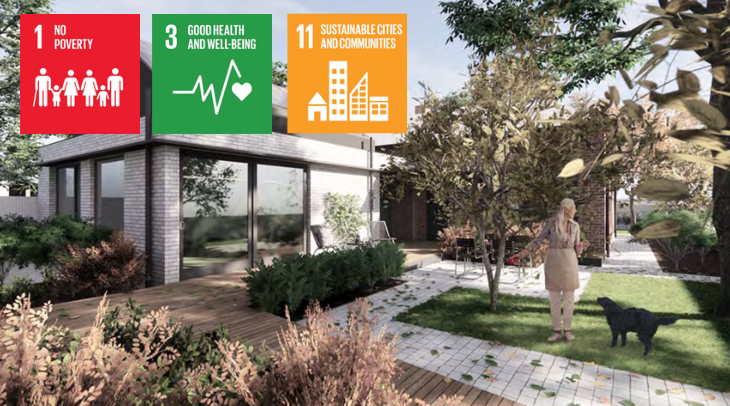
From the latest Australian census data, 22.6% of the City of Unley’s population is aged 60 and above. This trend is predicted to increase, with the population of South Australia (where the City of Unley is located) aging faster than the rest parts of Australia.
The project used community co-design principles with older residents to inform new co-housing options. These were designed to retain street character for social cohesion, maintain deep rootzone and garden space for health and climate benefits and provide accessible co-housing with shared amenities to enhance resident’s interaction.
The project was successful in achieving a change in attitude towards co-housing and an appreciation of the benefits it can bring to all ages but specifically older individuals. The attitude change was across the public community, local government and State Australian government departments.
Read more:
https://use.metropolis.org/case-studies/co-housing-for-ageing-well
Shiraz, Iran
Establishing Neighborhood Houses in informal settlements
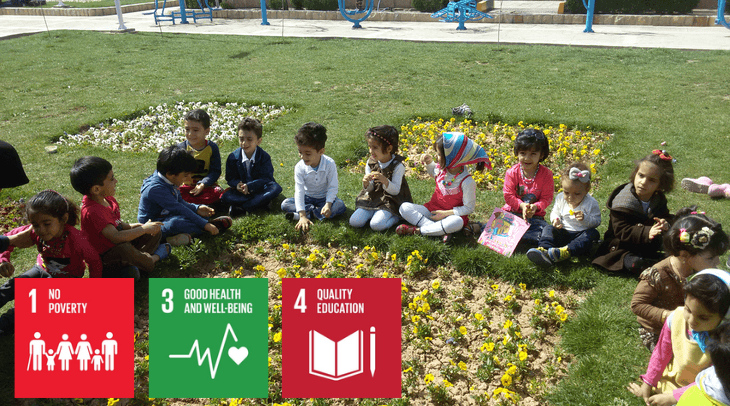
Shiraz is the fifth-largest city in Iran with a population in excess of 1.5 million. Approximately 10% of the population resides in informal settlements. In 2010, the urban administration team established the “Neighborhood Houses,” a social initiative that focuses on educational, social, and cultural issues that affect residents of informal settlements.
Based on over decades of experience, the community-led empowerment activities have been transformed into building renovation and retrofitting initiatives in the same neighborhoods. The Shiraz Municipality offers incentives to citizens who are renovating in accordance with the current urban development guidelines in order to narrow the gap between the quality of life in these neighborhoods and the middle and uptown neighborhoods.
Read more:
Springfield, United States
GreenNFit Neighbourhood Rebuild
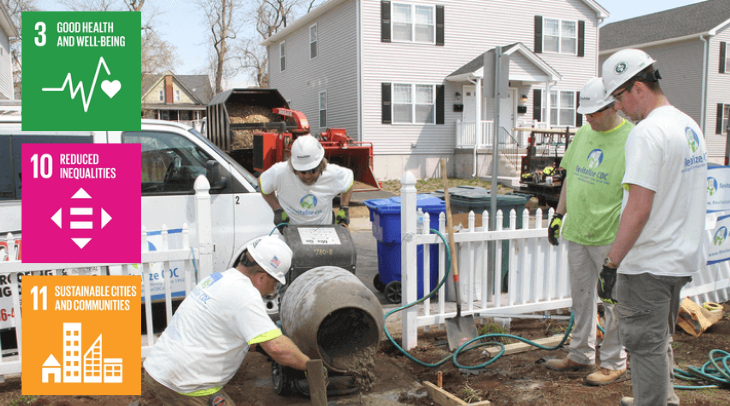
GreenNFit Neighbourhood Rebuild started in 1992 and was then developed into a 10-year project - '10-in-10' - to improve or rebuild homes and community spaces, based on a neighbourhood development plan designed with residents and local organizations. It delivers a day of mass action in one city block before moving on to an adjacent block the following year for ten years. Up to 2,000 volunteers from all over the city, local businesses, and other stakeholder organizations work on improving homes and open spaces.
The project has directly benefited 191 households (the number of homes that have been repaired), including 25 for military veterans, 188 elderly residents, 76 people with special needs, and 251 children.
Read more:
https://use.metropolis.org/case-studies/greennfit-neighbourhood-rebuild
Lusaka, Zambia
Lusaka 2030 - a city without slums
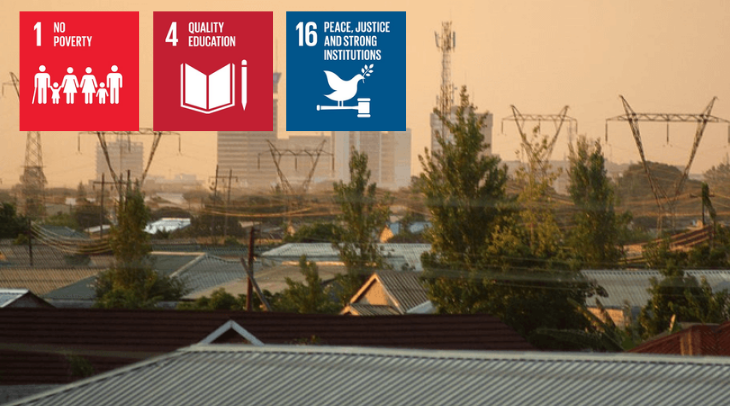
The 2010 UN-Habitat forecast rates of urbanisation in Africa as the highest in the world. By 2025, more than half of the African population will live in cities, including a significant number of the poor relocating from rural areas.
Established under the Memorandum of Understanding entered into by the United Cities and Local Governments of Africa, and Slum Dwellers International, this project seeks to encourage local government and community cooperation around issues of city planning and slum upgrading.
The project will address the urgent need to recognise that slums, informal settlements and their populations are part of the city and poor urban communities must be included in strategic decisions surrounding city planning and the provision of public services.
The project has brought about significant change including:
- Inclusion of informal settlements in the city’s planning agenda
- Provision of accurate baseline information about the history, social and physical conditions in informal settlements and slums.
- Increased communication between government and communities
- The real lives and living conditions of slum residents have been made visible
- Creation of service delivery strategies that directly address poverty
Read more:
https://use.metropolis.org/case-studies/know-your-city-a-city-2030-city-without-slums
Phnom Penh, Cambodia
Habitat and living conditions improvement in poor communities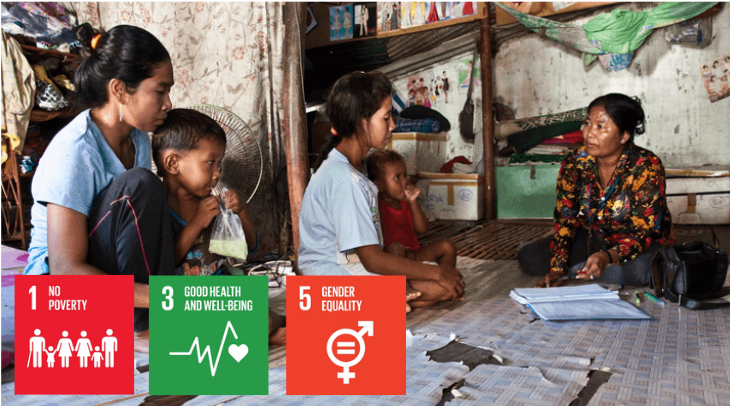
Planète Enfants & Développment (PE&D) launched the Habitat and living conditions improvement in poor communities project in Phnom Penh in 2018, building on past collaboration with local partner Samathapeal Khnom Organization (SKO). The project aims to support residents in informal settlements by improving precarious, often dangerous, homes, developing community organization and action, and delivering family support and training, including on domestic and gender-related violence.
PE&D works closely with local NGOs and the city government, meeting local authorities at least every six months. By developing relationships with local authorities and supporting resident groups, often through partnership working with local organizations, the project strengthens communities’ capacity to improve their living conditions, while also pushing for land rights and calling on the government to recognize the right to housing. In a context where land rights complications make it difficult to upgrade housing, the project provides residents with access to finance to carry out home improvements. It also addresses issues of gender-based violence and inequalities, themes in which PE&D specializes.
By the end of the first phase (Summer 2021), the project aims to have improved 150 homes and provided family support to 300 households.
Read more:
Visit use: https://use.metropolis.org/


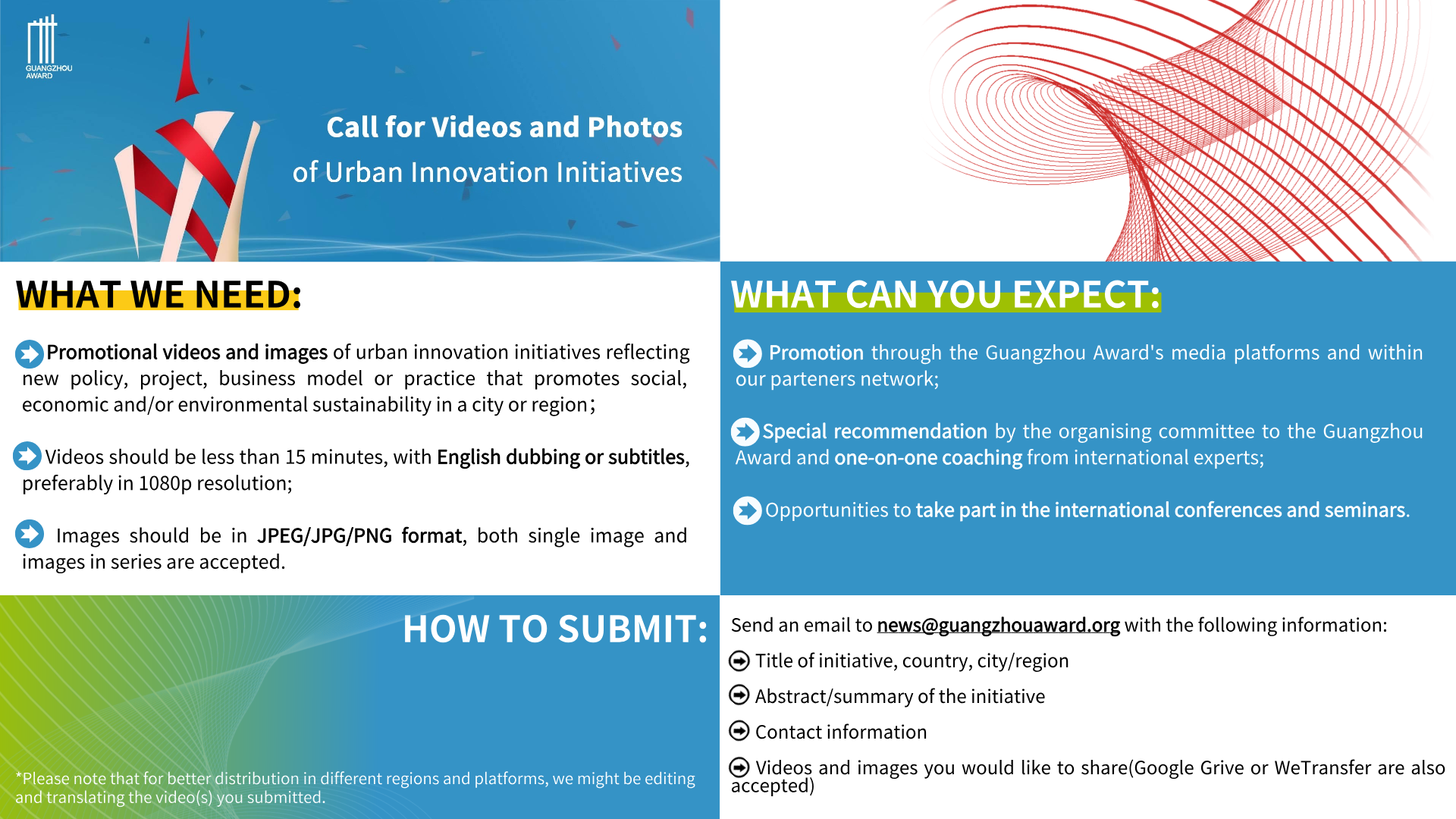 test
test Urban Innovation in China | Hainan: Transforming Mangroves into “Golden Groves”
Urban Innovation in China | Hainan: Transforming Mangroves into “Golden Groves” In Focus | Empowering the “She” in the Family
In Focus | Empowering the “She” in the Family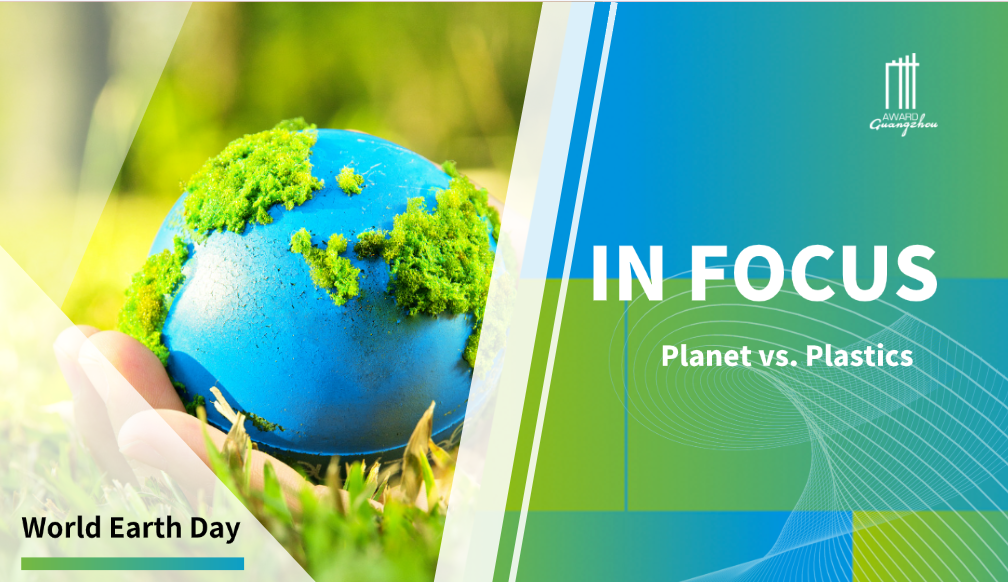 In Focus | The World Earth Day: Planet vs. Plastics
In Focus | The World Earth Day: Planet vs. Plastics




















 Tel: +86 20 3780 4434
Tel: +86 20 3780 4434 Email: info@guangzhouaward.org
Email: info@guangzhouaward.org Address: Rm 1609, FuLiXinTianDi, No.307 Guangzhou Dadao Zhong, Yuexiu District, Guangzhou, Guangdong, 501600, PRC
Address: Rm 1609, FuLiXinTianDi, No.307 Guangzhou Dadao Zhong, Yuexiu District, Guangzhou, Guangdong, 501600, PRC




